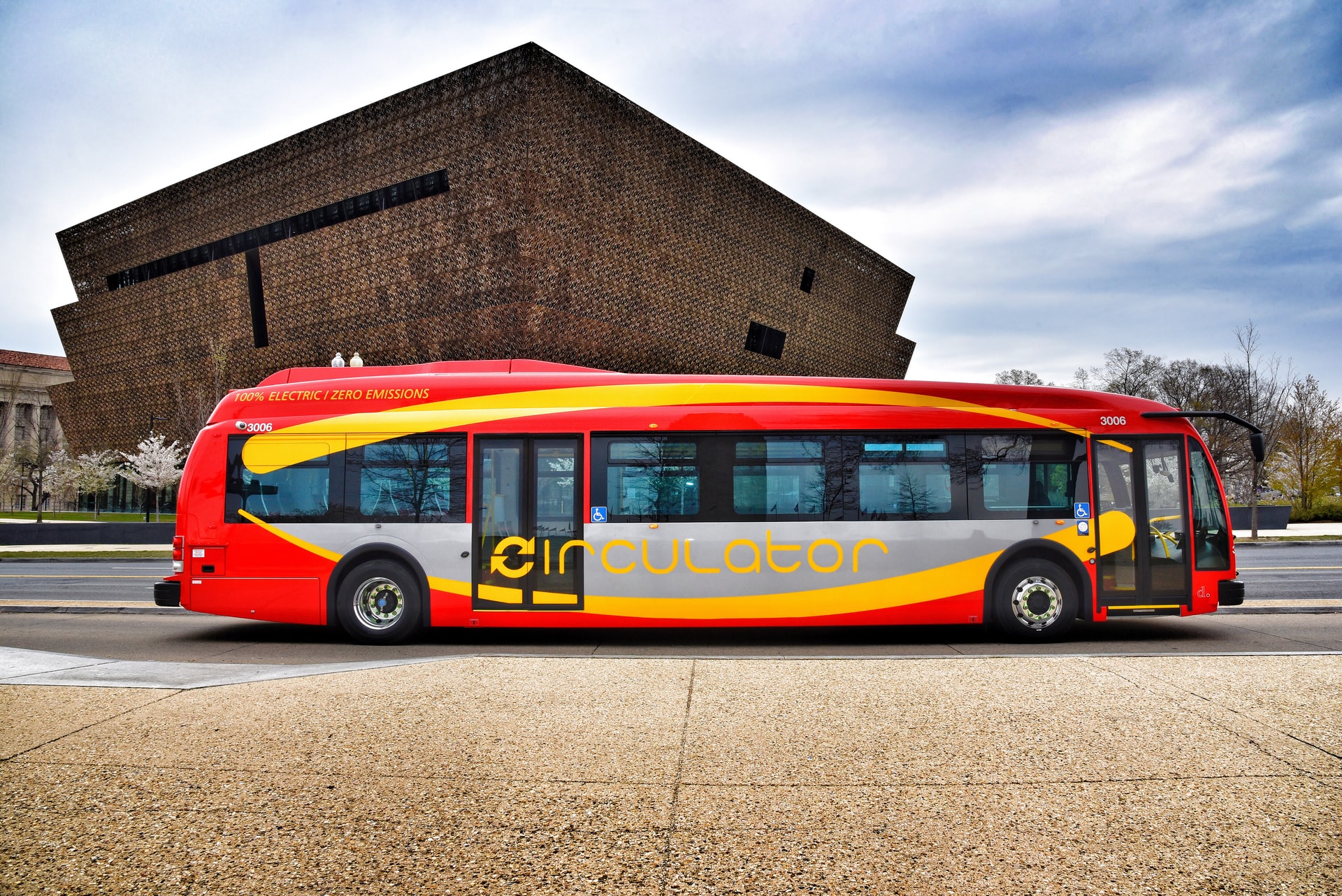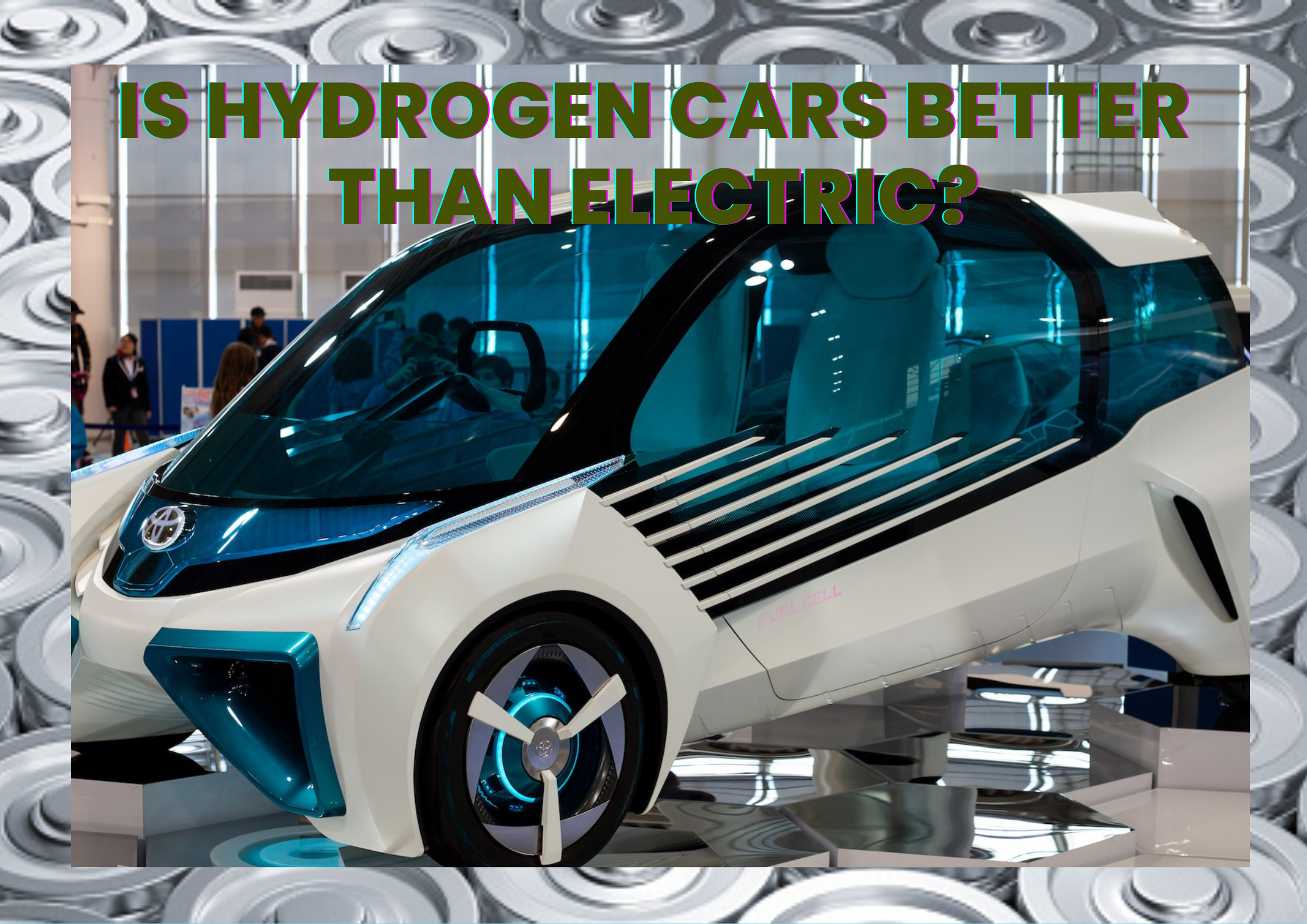Electric vehicles are the future of transportation. They are more efficient and cleaner than gas vehicles.
There are a number of reasons why electric vehicles are the future of transportation. First, they are more efficient. An electric car uses far less gas than a traditional gas car. This means that they create less pollution and conserve energy. Second, electric vehicles are cleaner. They do not produce emissions that contribute to climate change. Finally, electric vehicles are more affordable than gas vehicles. This is because they require fewer repairs and require little to no fuel to operate.
The Pros of Electric Vehicles:
- Electric vehicles are more efficient than gas vehicles. They have a lower emissions footprint, which means they produce less pollution.
- Electric vehicles are cleaner than gas vehicles. They don’t produce emissions that can pollute the air, which is especially important in cities where air quality is important.
- Electric vehicles are cheaper to operate than gas vehicles. They require less maintenance and don’t require expensive fuel, which makes them a cost-effective option.
The Cons of Electric Vehicles:
- There are still some areas where electric vehicles are not as efficient as gas vehicles. For example, they aren’t as efficient when it comes to climbing hills or traveling long distances.
The Benefits of Electric Vehicles
 Electric vehicles are the future of transportation because they have many benefits. They are more efficient than gasoline cars, they emit no pollutants, and they’re cheaper to operate. They’re also more reliable since there is no need to change the oil or tune the engine. In addition, electric vehicles are becoming more affordable, with new models reaching prices below $30,000.
Electric vehicles are the future of transportation because they have many benefits. They are more efficient than gasoline cars, they emit no pollutants, and they’re cheaper to operate. They’re also more reliable since there is no need to change the oil or tune the engine. In addition, electric vehicles are becoming more affordable, with new models reaching prices below $30,000.
The Advantages of Electric Vehicles Over Gas Vehicles
Electric vehicles have a number of advantages over gas vehicles. They are more environmentally friendly, they are cheaper to operate, and they are less likely to cause accidents.
Electric vehicles are the future of transportation. They are more environmentally friendly, cheaper to operate, and less likely to cause accidents.
The Future of Electric Vehicles The future of electric vehicles is very bright. Technology is improving all the time, and prices are dropping. In the near future, electric vehicles may be the only option for drivers.
The Disadvantages of Electric Vehicles Over Gas Vehicles
The Downsides of Electric Vehicles Electric vehicles have a few disadvantages. For example, they’re not as efficient when it comes to climbing hills or traveling long distances. Additionally, they can be more expensive to buy than gas cars. And finally, there is a lack of charging infrastructure in some areas.
Electric vehicles have several advantages over gas vehicles. They are cheaper to operate, they produce no emissions, and they are more efficient. However, they have several disadvantages. Electric vehicles are not as durable as gas vehicles, and they require more maintenance. They also tend to be more expensive than gas vehicles.
How Electric Vehicles Will Replace Traditional Transportation Methods
Electric vehicles are the future of transportation for a few reasons. For one, they are much more environmentally friendly than traditional vehicles. They also don’t require a lot of maintenance, which is a big plus for those on a budget. Finally, they are much more efficient than traditional vehicles, which means they can travel a lot further on a single charge.
Also Read : Green Electric Hybrid Vehicle
Conclusion:
Electric vehicles are the future of transportation. They are more efficient and cleaner than gas vehicles. They will replace traditional transportation methods in the near future.
Electric vehicles are the future of transportation. They are more environmentally friendly, cheaper to operate, and less likely to cause accidents. They will replace traditional transportation methods in the near future.



